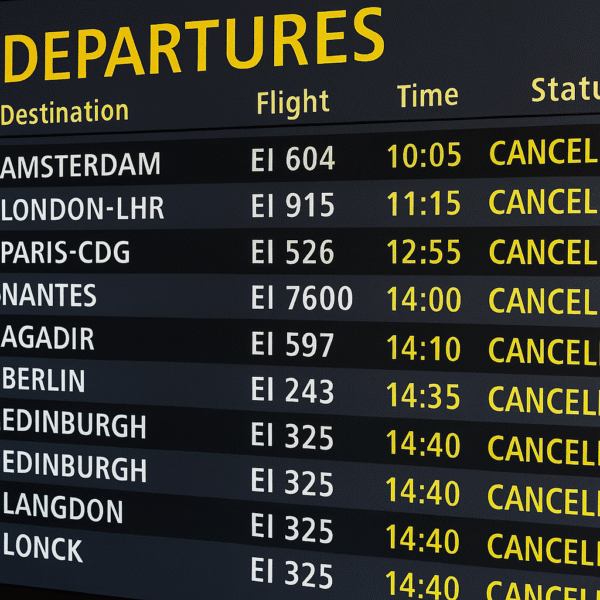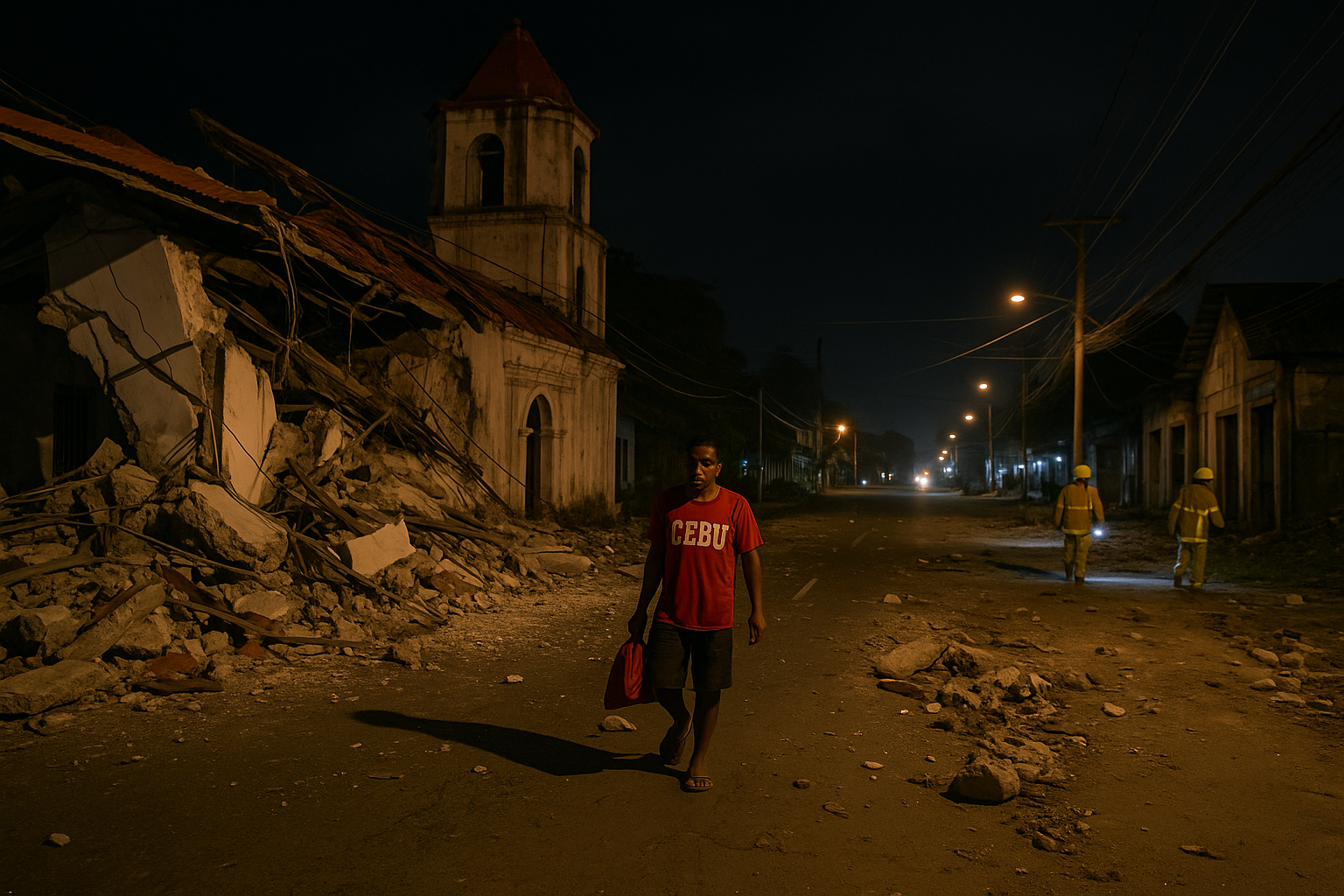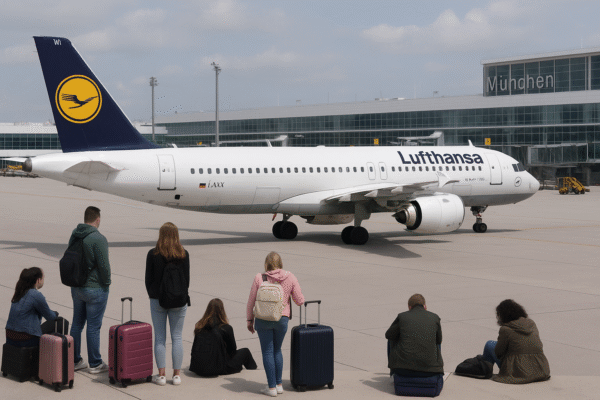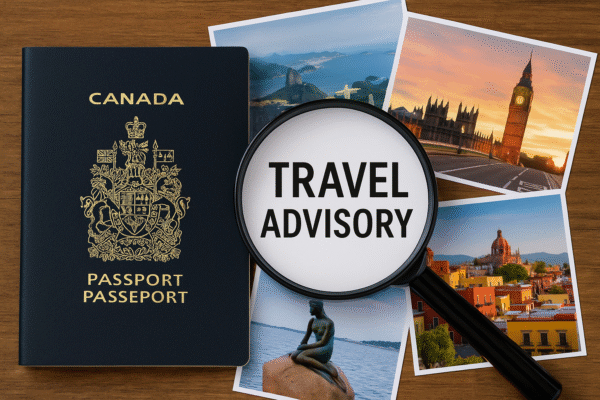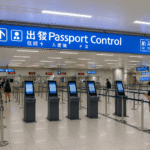Canada has issued updated travel advisories that impact several top destinations, including Brazil, Denmark, Mexico, the United Kingdom, Costa Rica, and France. These advisories highlight increased visa restrictions, enhanced entry procedures, and heightened safety concerns. With global travel growing more complex, Canadian tourists are being urged to carefully evaluate risks, comply with local regulations, and prepare for stricter border protocols.
Brazil: Visa Reinstatement and Safety Concerns
Brazil has reinstated visa requirements for Canadian travelers, ending its previous visa-free entry policy. Visitors must now apply for an electronic visa (eVisa), valid for up to 10 years, allowing stays of 90 days annually. The process requires proof of financial stability and a letter of intent explaining the purpose of travel.
Safety remains a major issue. Cities like Rio de Janeiro, São Paulo, and Salvador are experiencing high levels of violent crime, including armed robberies, carjackings, and sexual assaults. Border regions, particularly near Paraguay, Bolivia, and Venezuela, also pose dangers due to organized crime and trafficking. Tourists are advised to remain vigilant, avoid border areas, and travel in groups whenever possible.
Denmark: Terrorism Risks and Petty Crime
While Denmark is recognized for its stability and high standard of living, Canadian travelers are urged to be cautious due to terrorism threats across Europe. Public spaces, transport hubs, and government buildings are considered potential targets. Security forces have increased their presence in urban centers to minimize risks.
Petty crime such as pickpocketing is common in tourist-heavy areas like Copenhagen. Visitors should remain alert in crowded places and avoid demonstrations, which may escalate into violence.
Mexico: Organized Crime and Regional Violence
Mexico continues to attract millions of international visitors, yet safety concerns persist. While popular tourist zones such as Cancun and Playa del Carmen remain relatively secure, regions plagued by organized crime—including Guerrero, Sinaloa, and Tamaulipas—pose higher risks. Violence involving cartels has led to armed clashes, road blockades, and civilian casualties.
Although Canadians do not require a visa for stays up to 180 days, it is critical to stay informed about local conditions. Petty crime is widespread in Mexico City and other large urban centers, particularly on public transportation. Travelers are encouraged to stick to well-established tourist zones and avoid remote or high-risk states.
United Kingdom: Terrorism Alerts and Demonstration Disruptions
The United Kingdom is maintaining a “substantial” terrorism threat level. While security forces actively monitor potential risks, crowded areas such as airports, train stations, and iconic landmarks remain sensitive zones. Demonstrations in cities like London can also disrupt travel and, on occasion, escalate into confrontations.
Pickpocketing is prevalent in tourist districts such as Trafalgar Square and Piccadilly Circus. Tourists are urged to safeguard belongings, stay cautious in public spaces, and follow local guidance on safety and transport.
Costa Rica: Petty Theft and Road Safety
Costa Rica is celebrated for its biodiversity and eco-tourism, but rising crime rates and road safety issues have raised concern. Theft targeting tourists is frequent in national parks, beaches, and public transport systems. Car break-ins, especially involving rental vehicles, are a notable issue.
Driving conditions can be challenging, particularly during the rainy season, with poorly lit roads and limited signage creating hazards. Canadian visitors are encouraged to secure valuables, drive cautiously, and avoid traveling after dark.
France: Heightened Security and Pickpocketing Threats
France continues to face elevated terrorism threats, particularly in major cities such as Paris. Security forces maintain strong patrols at landmarks including the Eiffel Tower, Louvre, and Notre Dame. Large gatherings and holiday celebrations are considered high-risk periods for potential attacks.
Pickpocketing and theft remain the most common risks for tourists. Metro stations, busy markets, and popular sightseeing areas are frequent targets for criminals, often operating in groups. Travelers are advised to safeguard belongings, use official transportation services, and stay cautious in crowded settings.
General Travel Recommendations
For Canadians planning visits to these destinations, preparation is essential:
- Check Visa Rules: Requirements may change without notice; ensure documents are valid and updated.
- Stay Informed: Monitor local news and official advisories to remain aware of risks.
- Secure Insurance: Comprehensive travel insurance covering health, cancellations, and emergencies is strongly recommended.
- Follow Local Guidance: Always comply with instructions from local authorities, especially in areas with active security alerts.
Conclusion
Canada’s latest travel advisory highlights the importance of vigilance when visiting Brazil, Denmark, Mexico, the UK, Costa Rica, and France. Stricter visa rules, terrorism concerns, and rising crime mean travelers must take proactive measures to ensure their safety. By remaining alert, securing proper documentation, and respecting local regulations, Canadian travelers can reduce risks while continuing to enjoy these world-renowned destinations.
For more travel news like this, keep reading Global Travel Wire





